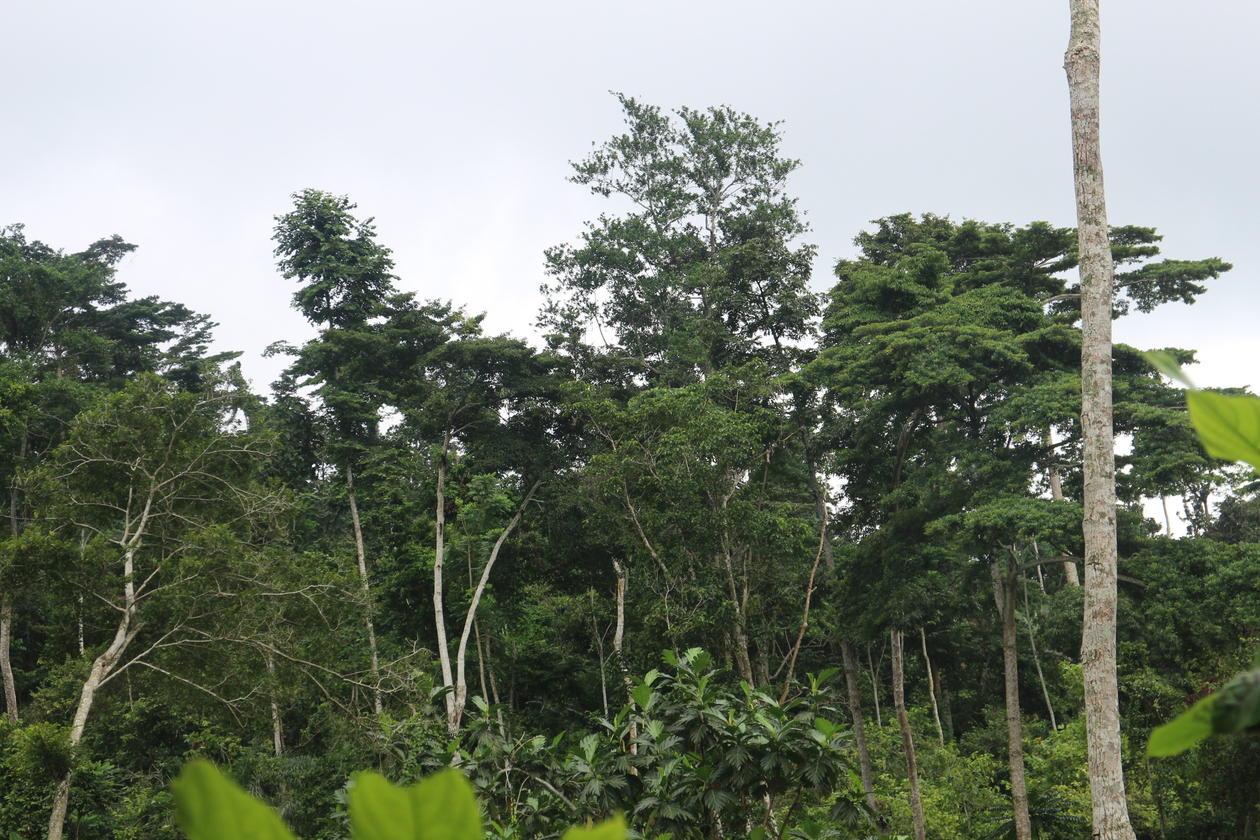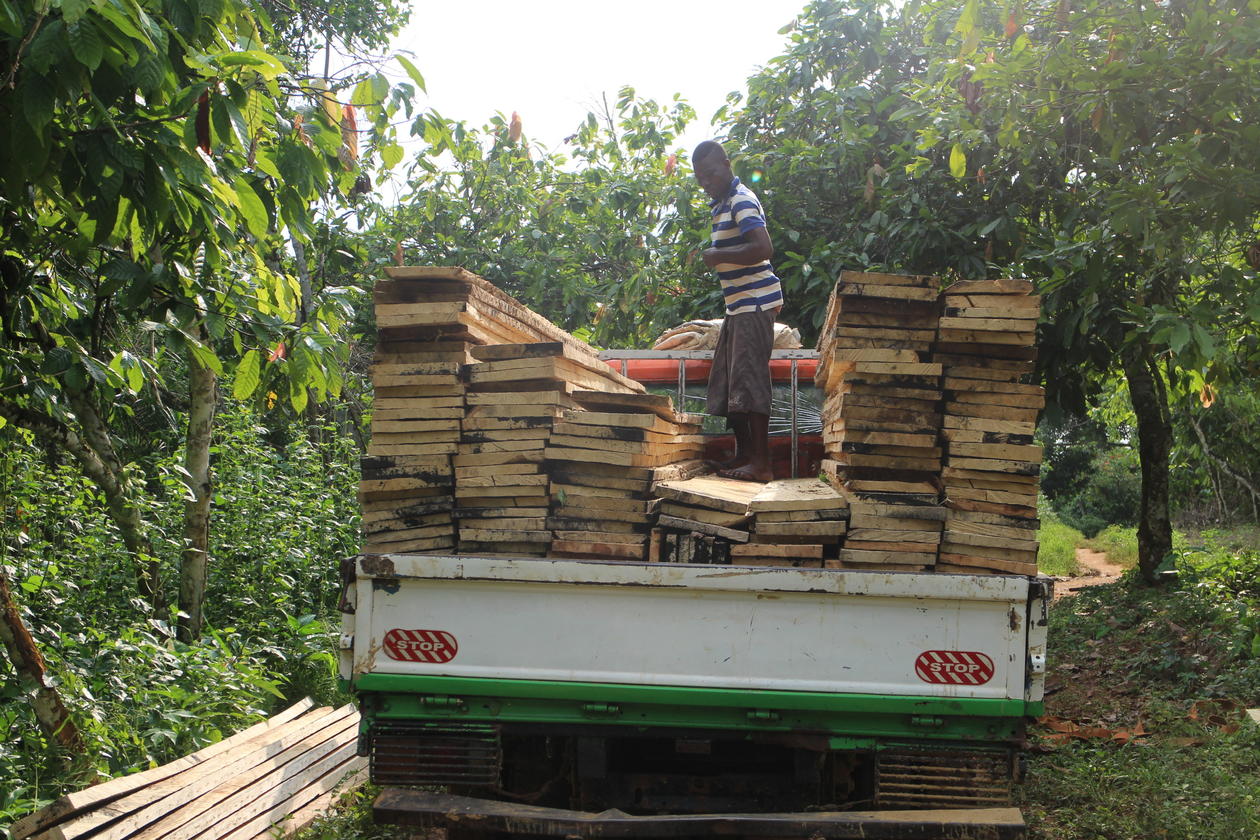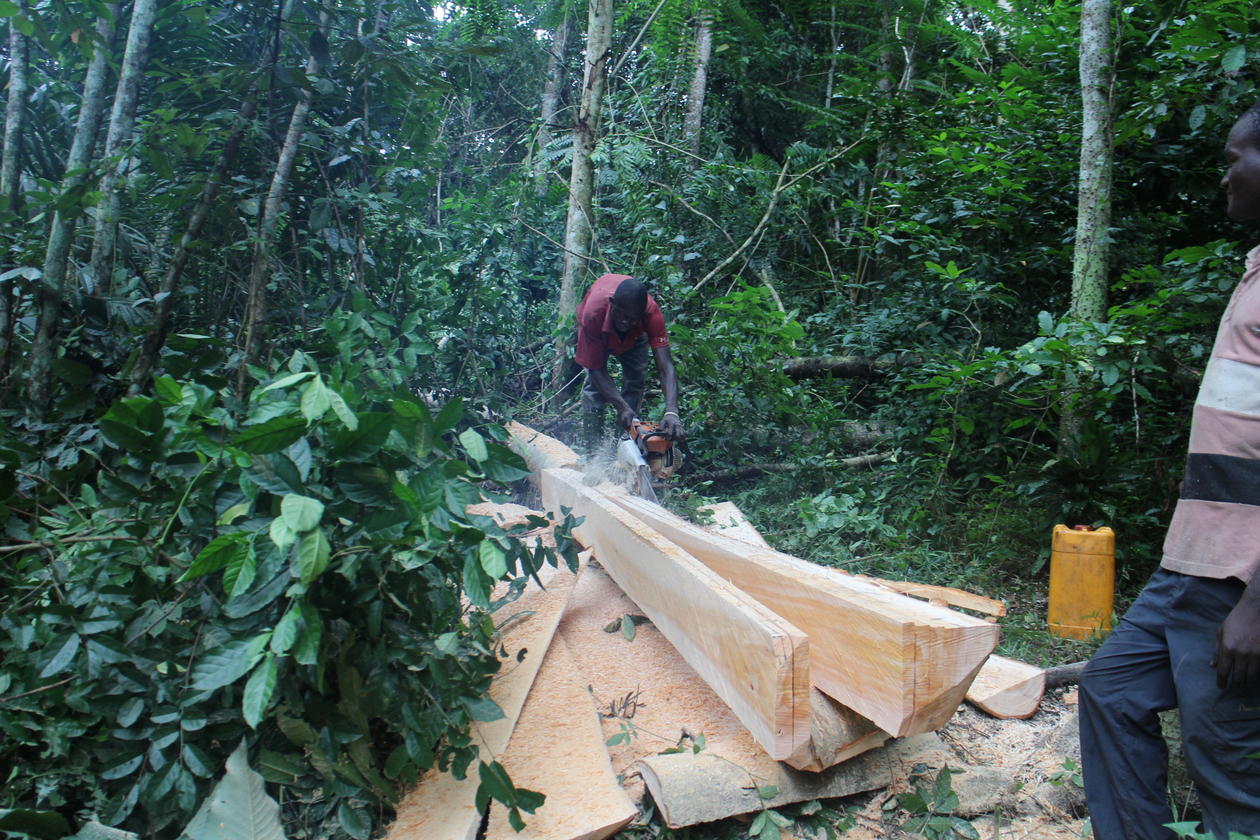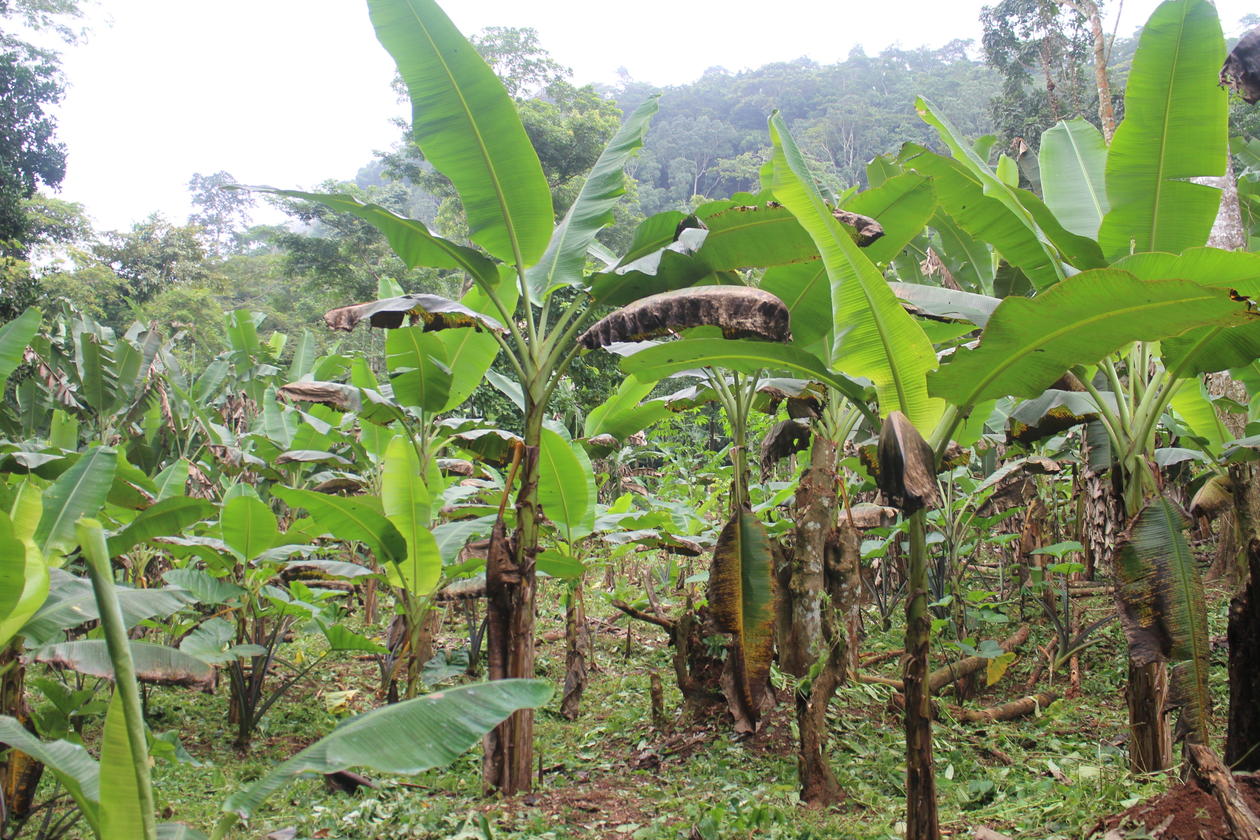Forest resource access and its impact on rural livelihoods in Ghana
In his master project Herbert Tetteh studies Mechanisms and manoevres of forest resource access and its impact on rural livelihoods in Ghana. Master student Herbert Tetteh presents his master project and his experiences with field work and beiing a geograpy student in Bergen.
Hovedinnhold
Master Project
Forests play fundamental roles in supporting livelihoods in Ghana. They form an integral part of the economy, providing subsistence goods and services as well as items of trade. To manage the forest to benefit all, the government of Ghana, during and after colonial times have put in place many protective measures and policies to manage the forests. These forest governance policies together with regulations have excluded many local forest users from benefiting directly from the forest. These local forest users include chainsaw operator’s and forest farmers. This master’s project takes the forest policy reforms as its point of departure to focus on the people who are kept out, and the mechanisms and processes they are employing to manoeuvre forest resource access. The politics surrounding forest access, the cast of social actors and institutions involved, forest user conflicts that arise and the impact of forest access on rural livelihoods will be explored.
Field Work
The fieldwork was very interesting. I used largely qualitative methods to produce the data. The qualitative method is said to be flexible and effective for getting deeper understanding of specific situations. The qualitative methods used included participant observation of informants at their farms in the forests, interviews, group interviews and case studies. The interviews were done using open ended questions which made it possible and flexible to address new issues as and when they popped up during the interview process. Photos elicitation was also used which enhanced the data collection. The research included key informants interviews and discussions with Ghana forestry officials, the district director, the local chiefs and the local forest users. I asked questions, spent time with the informants in their farms in the forests and also with the chainsaw operators during their activities inside the forests. I also spent time with them at their homes especially in the evenings, since these were periods that most of them have returned from their farms. I went for communal labors and played football with the local people. Infact I really had a nice time.
Geography in Bergen
Studying geography at UIB has been captivating, spellbinding and enthralling for me personally. It is very interesting how professors merge their ongoing researches together with their lectures. This is indeed theory in practice. Good and current literatures that are recommended by the professors for the courses to me personally spices up the learning environment. The existence of a very good student –professor relationship further enhances the learning environment positively. Critical comments from professors also puts you on your toes for a very fascinating learning environment.
For a better academic career, UIB is the place. I personally urge all who considers taking a masters here to never give it a second thought. This is because UIB provides a very conducive and an interactive atmosphere for learning and building ones academic career.




